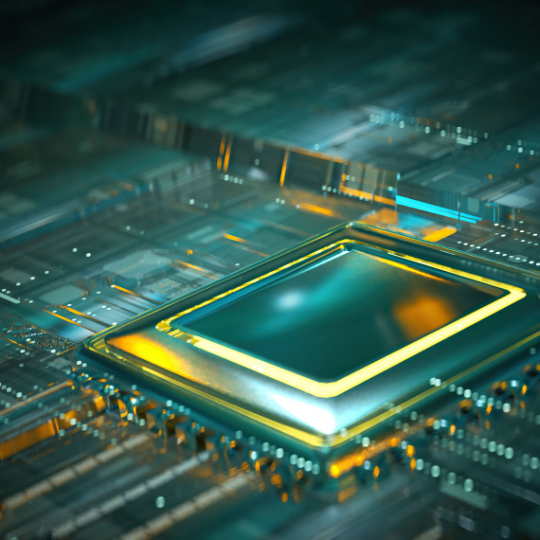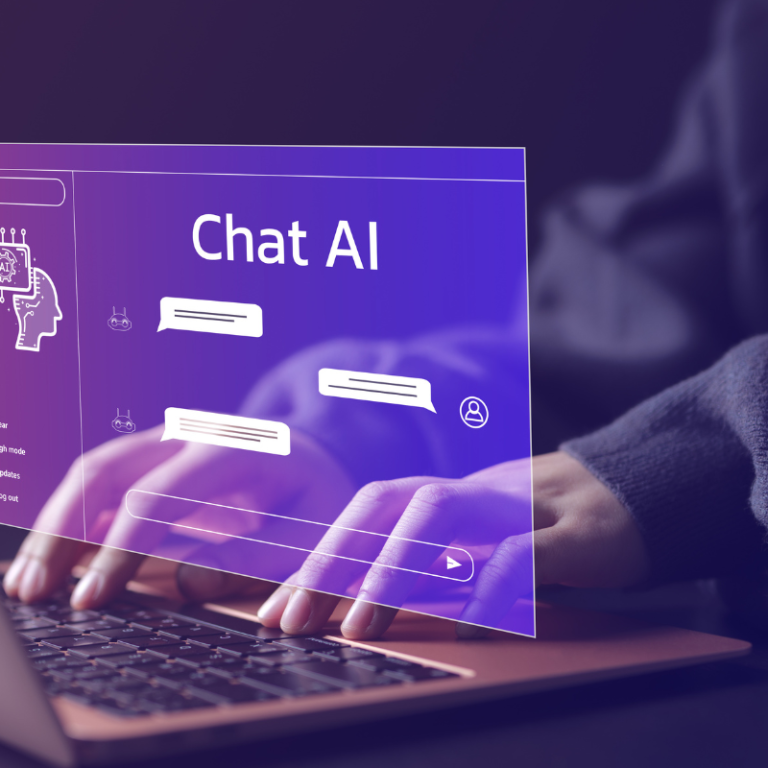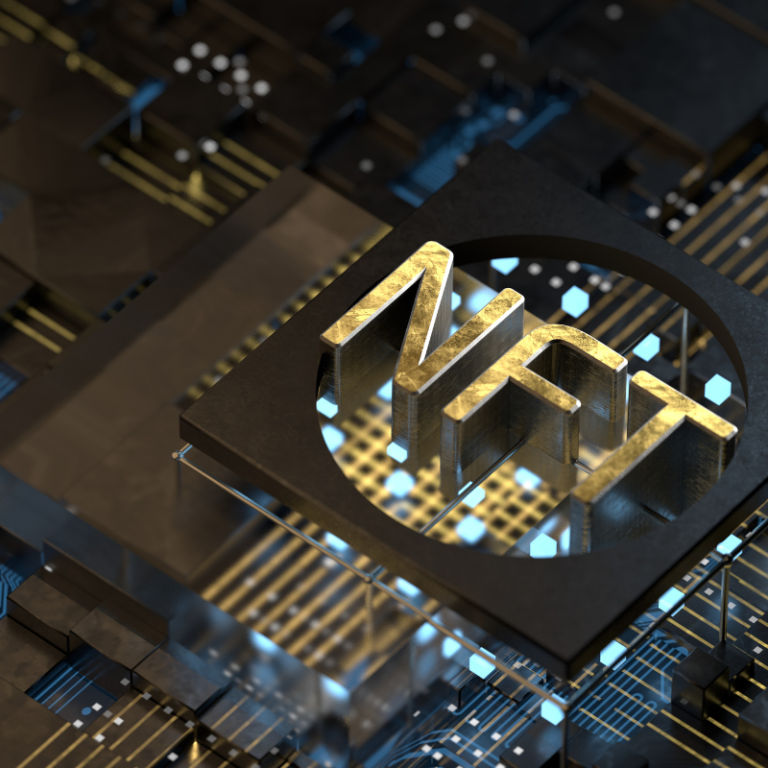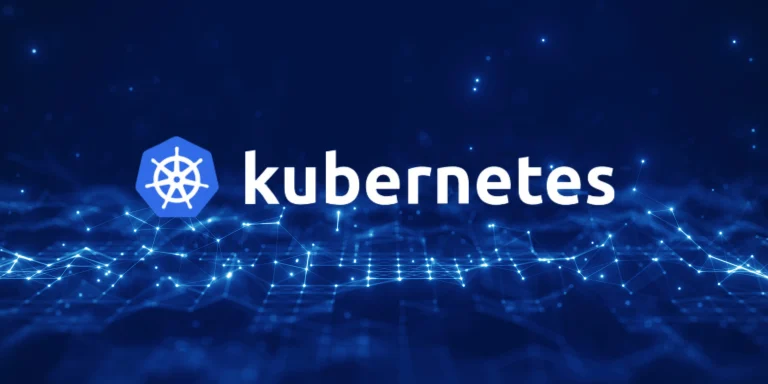For most of our history, human technology consisted of our brains, fire and sharp sticks. While fire and sahrp sticks became power plants and nuclear weapons, the biggest upgrade has happened to our brains. Since the 1960’s, the power of our brain machines has kept growing exponentially, allowing computers to get smaller and powerful at the same time. But this process is about to meet its physical limits.
Computer parts are approaching the size of an atom. And this is when Quantum Physics steps in and takes the charge. With its new principles and methods it harnesses the unique behaviour of particles at the sub-atomic level. In this blog we will get an in-depth analysis of what is actually the future of quantum computing.
Quantum Computing 101
The future of quantum computing currently rests in the basics of understanding where a classical computer holds a bit, the smallest unit of data, either in 0 or 1; in a quantum computer, there are qubits. These qubits can be in superposition—exist in many states at once. This, in effect, implies that a qubit will be both 0 and 1 simultaneously. This raises the power of processing to a huge extent.
Another important concept is entanglement. When qubits become entangled, they directly relate the state of one qubit with the state of another, regardless of distance. It’s this kind of connectedness that will let quantum computers accomplish really complex calculations a lot faster than classical computers.
Quantum gates manipulate qubits to perform operations, much like classical gates do with bits.
What is different in quantum gates, due to superposition and entanglement, is that several inputs can be processed simultaneously in quantum computations, hence they are extraordinarily powerful.
As the great physicist John Wheeler once put it, “If you are not completely confused by quantum mechanics, you do not understand it.” It is precisely this dilemma: on the one hand, quantum computing is extremely complex, while on the other, it’s just so interesting.
Analogy of Quantum Computers
Imagine you have a very special coin that can spin in multiple ways at once. It doesn’t fall on just heads or tails, but something more: what physicists call a qubit, the simple unit for information stored in a quantum computer. Where the classical computer bit is a 0 or a 1, because of the phenomenon of superposition, a qubit can be both 0 and 1 at the same time.
Now, consider having two such magic coins. While spinning, they can get entangled, that is, the state of the other is decided as soon as the state of one coin is decided, however far away the coins may be. This phenomenon is called entanglement, and it is what enables quantum computers to speed up certain complex problems way faster than classical computers.
Think of a classical computer as a librarian who goes through one book at a time, and the quantum computer is like a super-librarian who can read all books in the library simultaneously. This ability stems from superposition and entanglement, which gives a quantum computer the power to answer such problems that for classical computers are impossible now.
In other words, the concept of a quantum computer revolves around qubits, which essentially manipulate the principles of superposition and entanglement. It is the key attributes that make them extremely powerful at performing certain tasks in parallel that allow them to perform several calculations simultaneously. This makes up the base for future of quantum computing.

Scenario of Quantum Computing Today
The future of quantum computing is no longer theoretical; it is fast turning into reality. Functional quantum computers are under rapid development by some of the leading technology companies and research institutions.
Already in the elementary stages of development, these machines have shown their ability to solve some rather complex problems quicker than classical computers.
In 2019, Google’s Sycamore quantum computer made worldwide news for what was heralded as a proof of ‘quantum supremacy‘. It executed a function in just 200 seconds that would have taken the world’s fastest supercomputer at the time 10,000 years.
It’s not alone in this—last December, IBM launched a 1,000-qubit quantum computer. For the time being, however, IBM opens access to its machines only for those research organizations, universities, and laboratories that stand along the borders of its Quantum Network.
Tech Giant Microsoft exposes quantum technology to companies via the Azure Quantum platform. Interest in quantum computing and its technology is expressed by financial services firms like JPMorgan, Chase and Visa.
Unlocking Quantum Potential
The future of quantum computing depends on its uses and benefits. Its potential and scalability is much bigger than we think.
Due to the principle of quantum superposition and uncertainty, quantum computers can never miss the development of future quantum technologies: these impact cryptography, medicine, and communication.
In such technology lies the potential application that may revolutionize every aspect of our lives.
Quantified uncertainty finally allows unbreakable encryption and is probably going to change the nature of data security for banks and institutions. It is bound to affect global networks and the communications systems.
It makes life healthier by making the discovery of drugs easier, as it would now be possible to have molecular analysis at the atomic level leading to the discovery of treatments for a plethora of diseases, including Alzheimer’s, and improves millions of lives.
The process of communicating information across locations without its physical transfer. An advanced feature of the quantum Internet that will revolutionize the structure of data transfer. Bringing totally secure voting processes in the future.
Practical Challenges of Quantum Computing
Quantum computing still has some huge obstacles to overcome, chiefly from “noise” or “decoherence,” whereby the interactions with the external environment cause qubits to shed information. For accomplishing quantum error correction, more than 1,000 physical qubits are needed for every logical qubit, and efficient entanglement is required, consuming more qubits.
Moreover, Holevo’s theorem constrains the amount of information that can be retrieved from qubits, and the quantum gates themselves are slow and prone to errors. These factors make it really challenging to develop a quantum algorithm. NISQ computers provide a stopgap, but in the case of more general problem solving, fully error-corrected quantum computers are needed. The gate model of quantum computing seems to have the most potential for application in a wide variety of uses.
Future Outlook
The development going on in quantum computing is quite serious as firms invest in creating more stable and scalable systems. While the technology matures, it would arguably be central across very diverse industries. A driver of innovation and efficiency globally.
Ultimately, this will change everything—from how we treat technology and science.All the way to bigger challenges of time—climate solutions—in the long run. While challenges remain, the potential is huge; therefore huge scope lies in the future. As much more is yet to arrive into this exciting field of study.







